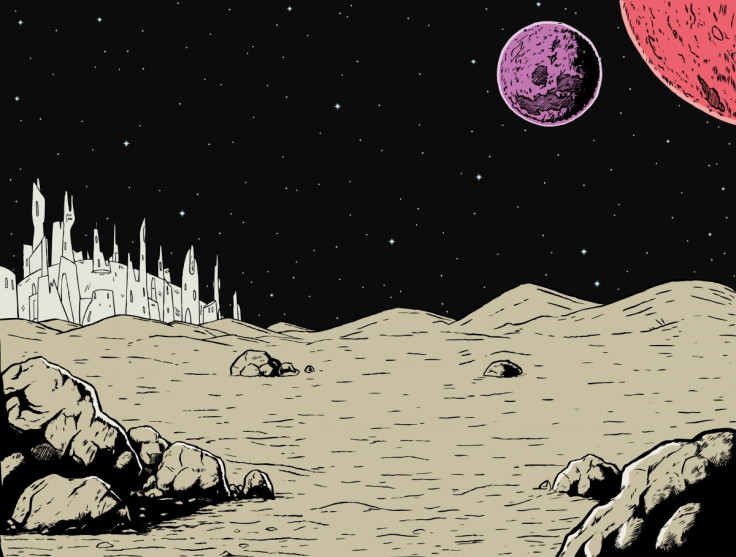Fermi paradox: Alien life has not been discovered because it is all dead

If life has ever existed on another planet, it probably will not be there now, say researchers. They suggest that their host planets would change so much in such a short period of time, that there is unlikely to be any life in space.
The scientists write in the study, published in Astrobiology, about a new theory – The Gaian bottleneck – where only incredibly small percentages of life avoids becoming extinct shortly after it emerges. They say that life needs to evolve quickly enough to regulate greenhouse gases, and thereby allow water to exist on the planet.
"Early life is fragile, so we believe it rarely evolves quickly enough to survive," said Aditya Chopra, lead author of the study from The Australian National University. "The universe is probably filled with habitable planets, so many scientists think it should be teeming with aliens."
The scientists argue that even though we are continuing to find new planets in space that have the properties for life to exist, it is unlikely that there will ever be life on those planets. Even if there once was, they think that the life would not have stabilised the planet quickly enough – thus locking life out for good, and wiping them out in the process.
If their theory were true, that could possibly mean that at one point in time, Venus and Mars were habitable planets with life emerging. However, it did not evolve quick enough to stop Mars from becoming a big ball of ice, and Venus from becoming the sauna that it is today.
Chopra said: "Most early planetary environments are unstable. To produce a habitable planet, life forms need to regulate greenhouse gases such as water and carbon dioxide to keep surface temperatures stable."
He added: "The mystery of why we haven't yet found signs of aliens may have less to do with the likelihood of the origin of life or intelligence and have more to do with the rarity of the rapid emergence of biological regulation of feedback cycles on planetary surfaces."
There are currently 24 confirmed planets that have the properties for life to exist, with an extra 24 still waiting for acceptance.
© Copyright IBTimes 2025. All rights reserved.






















